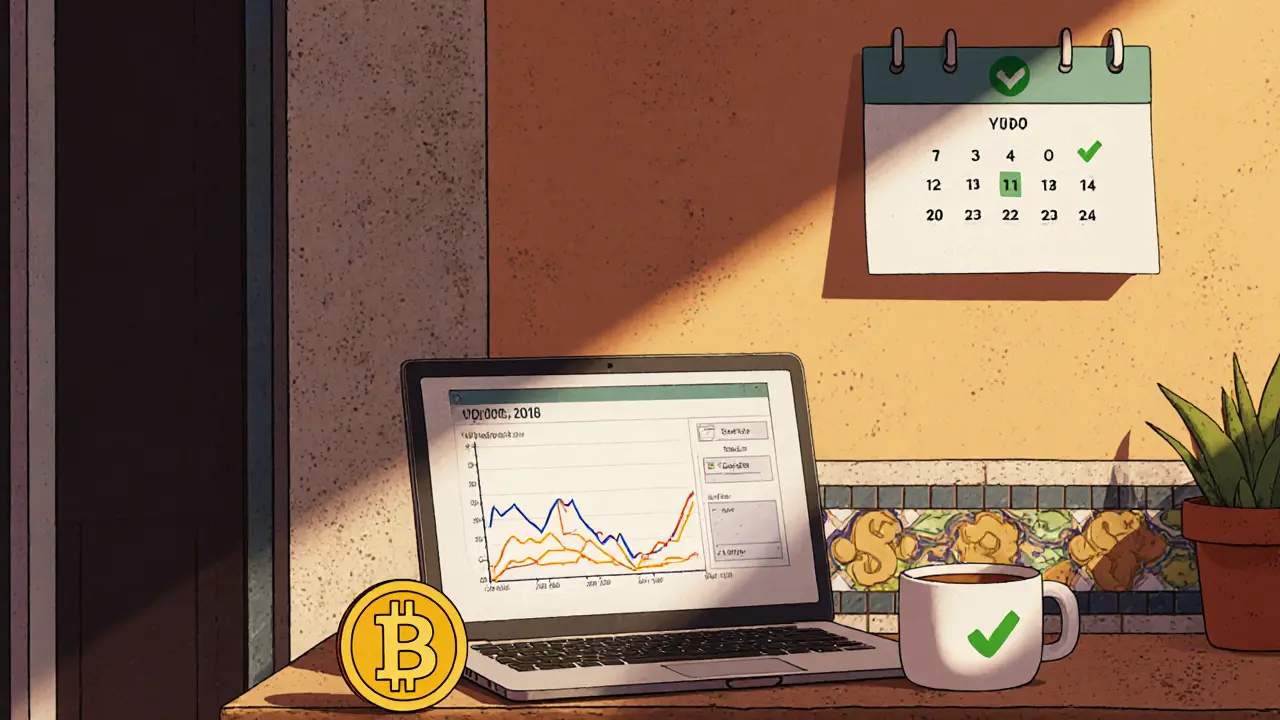Bitcoin tax-free: How to legally avoid crypto taxes and where it’s still possible
When you buy, sell, or trade Bitcoin, a decentralized digital currency recorded on a public ledger. Also known as BTC, it’s treated as property by most governments, not money. That means every trade, swap, or even buying coffee with it can trigger a taxable event. But what if you could avoid paying taxes on those gains? It’s not a myth—it’s a reality in some places, and it’s happening right now.
Not all countries treat crypto taxes, government-imposed obligations on profits from digital asset transactions the same way. In places like Portugal, Singapore, and Malaysia, holding and trading Bitcoin is completely tax-free for individuals. No capital gains tax. No reporting. Just buy, hold, and sell without telling the government. Meanwhile, in the U.S., Canada, or the UK, even swapping Bitcoin for Ethereum counts as a taxable sale. The difference isn’t about ethics—it’s about jurisdiction. Where you live, or where you’re legally resident, decides your tax bill.
Some people try to dodge taxes by moving to a tax-friendly country, using privacy coins like Monero, a cryptocurrency designed to hide transaction details and protect financial privacy, or stashing coins in offshore wallets. But here’s the catch: tax authorities are getting smarter. The U.S. alone has seized over $17 billion in Bitcoin through asset forfeiture, and they’re tracking wallet addresses across exchanges. Even if you think you’re anonymous, your IP, bank links, or KYC data can tie you back. And if you’re caught, penalties aren’t just fines—they can include criminal charges.
So what’s the real path to Bitcoin tax-free status? It’s not about hiding. It’s about location, timing, and structure. If you’re a digital nomad, moving your tax residency to a country like the UAE or Bermuda can legally wipe out your crypto tax bill. If you’re in a high-tax country, holding Bitcoin for over a year might reduce your rate. Some use crypto loans instead of selling to access cash without triggering a taxable event. Others use decentralized exchanges with no KYC—though that comes with its own risks, like scams or lost funds.
The posts below show you exactly what’s working right now. You’ll find real examples of exchanges that operate in tax-free zones, cases where governments seized crypto for non-compliance, and how privacy tools can help—or hurt—your tax position. Some are warnings. Others are blueprints. All of them are based on actual events, not theory. Whether you’re trying to minimize your bill or just understand the rules, this collection gives you the facts without the fluff.
Portugal Crypto Tax Benefits for Bitcoin Investors in 2025
Portugal offers one of Europe's most favorable crypto tax environments for Bitcoin investors, with zero tax on holdings over one year and a flat 28% rate on short-term gains. Learn how to legally maximize your returns.
